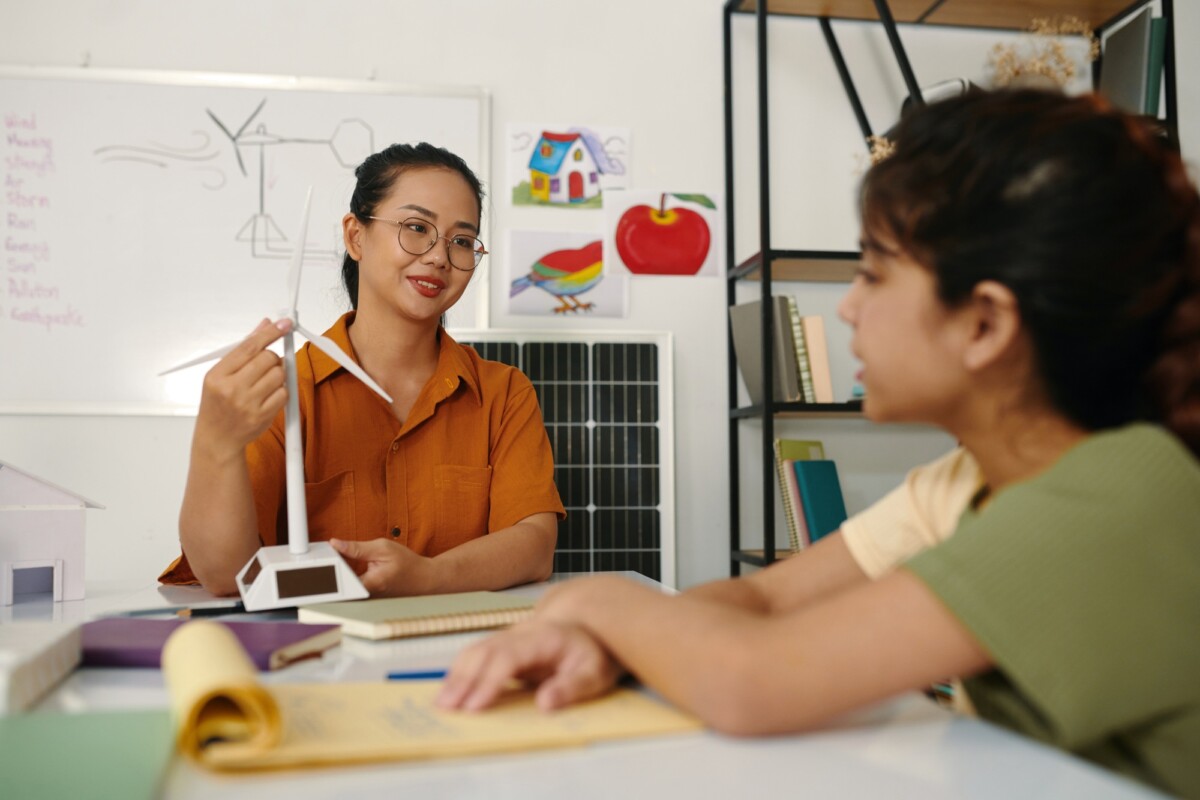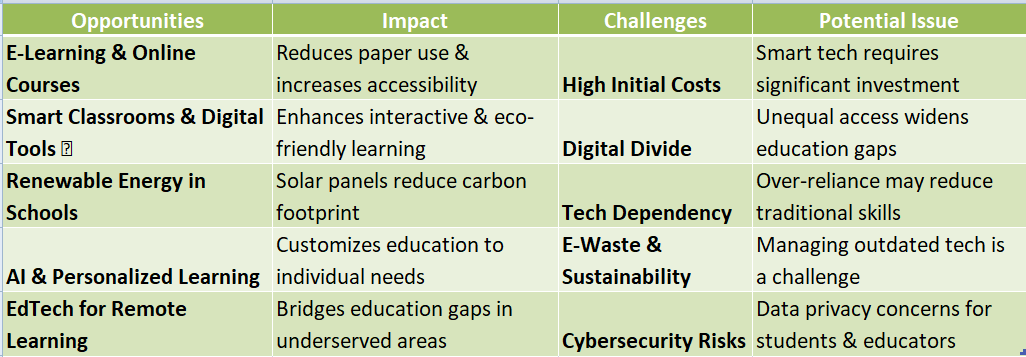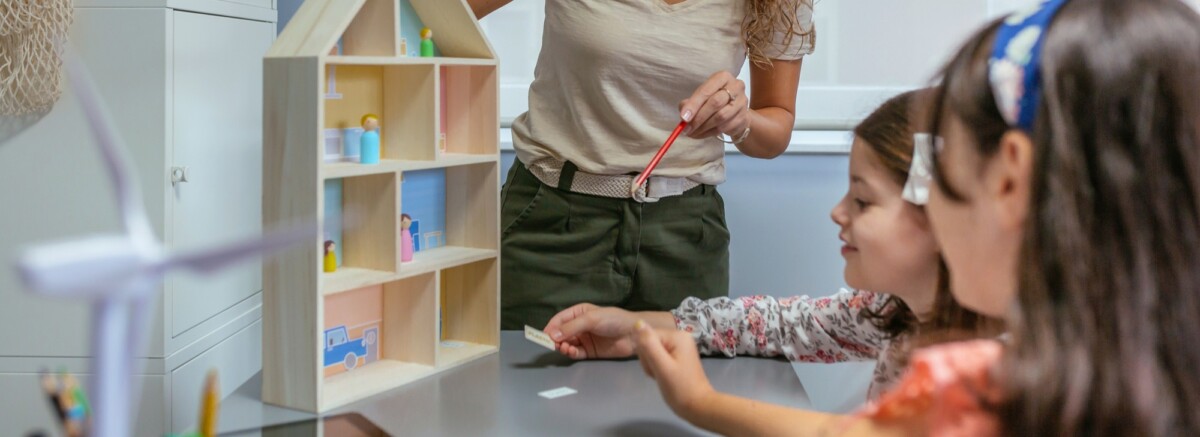
The Power of Sustainable Education: A New Paradigm for Learning
Sustainable education is more than just a buzzword; it’s a transformative approach that reshapes how we learn. Imagine classrooms where students not only absorb knowledge but also understand their role in protecting our planet. This shift is crucial, especially in fields like science and early childhood, where foundational concepts about the environment can spark lifelong habits.
Why Sustainable Education Matters
- Empowers Students: By integrating sustainability into the curriculum, students become active participants in their learning journey. They learn to think critically about environmental issues and their impact on the world.
- Real-World Applications: Lessons in sustainable education often involve hands-on projects, making learning relevant and engaging. For instance, students might create a garden, learning about ecosystems while nurturing plants.
Competency-Based Masters Meaning
In a competency-based education model, like some masters programs, students progress by demonstrating their understanding of sustainable practices. This means they can tailor their learning experiences to fit their interests and career goals, making education more personalized and effective. By focusing on skills and knowledge, we prepare students to tackle real-world challenges with confidence.
Start your journey to a brighter future—Enroll now!
How Can Sustainable Education Foster Critical Thinking Skills?
Sustainable education is more than just a buzzword; it’s a transformative approach that reshapes how we learn. By integrating sustainability into education, we not only teach students about the environment but also encourage them to think critically about the world around them. This is crucial because critical thinking skills empower students to analyze information, solve problems, and make informed decisions.
Sustainable education practices encourage students to engage with real-world issues. Here’s how:
- Hands-On Learning: Students participate in projects that address local environmental challenges, fostering a sense of responsibility and ownership.
- Interdisciplinary Approach: By combining subjects like science and early childhood education, students learn to see connections between different fields, enhancing their analytical skills.
- Competency-Based Masters Meaning: This approach allows students to progress based on their understanding and skills, rather than time spent in class, promoting deeper learning and critical thinking.
Incorporating sustainability into education not only prepares students for future challenges but also cultivates a generation of thinkers who are ready to innovate. By fostering critical thinking skills through sustainable practices, we can create a more informed and engaged society.
Transforming Classrooms: The Role of Eco-Friendly Practices
Sustainable education practices are changing the way we learn and teach. Imagine classrooms filled with plants, solar panels, and students who care about the environment. These eco-friendly practices not only make learning fun but also help students understand the importance of taking care of our planet. Let’s explore how sustainable education can transform learning for everyone!
Engaging Students with Nature
- Hands-On Learning: When students engage with nature, they learn about science and early childhood development in a way that sticks. For example, planting a garden teaches them about ecosystems and responsibility.
- Real-World Applications: Sustainable education connects classroom lessons to real-world issues, making learning relevant and exciting. Students see how their actions impact the environment, fostering a sense of responsibility.
Building Skills for the Future
Sustainable education practices also help develop critical thinking and problem-solving skills. By focusing on competency-based masters meaning, students learn at their own pace, mastering skills that will prepare them for future challenges. This personalized approach encourages creativity and innovation, essential traits in today’s world.
In conclusion, transforming classrooms with eco-friendly practices not only enhances learning but also nurtures responsible citizens. As students engage with sustainable education, they become more aware of their role in the world. This transformation is vital for creating a brighter, greener future for everyone.
Are We Preparing Students for a Sustainable Future?
Sustainable education practices are more than just a trend; they are essential for preparing students for a future where environmental awareness is crucial. By integrating sustainability into learning, we empower students to think critically about their impact on the world. This approach not only enhances their knowledge but also fosters a sense of responsibility towards the planet.
The Role of Sustainable Education
Sustainable education encourages students to explore how their actions affect the environment. For instance, in science and early childhood education, children can learn about ecosystems through hands-on activities. This makes learning fun and relevant, helping them connect with nature and understand their role in preserving it.
Benefits of Sustainable Education Practices
- Critical Thinking: Students learn to analyze problems and develop solutions.
- Real-World Applications: Lessons often involve projects that address local environmental issues.
- Community Engagement: Students collaborate with local organizations, enhancing their learning experience.
- Competency-Based Masters Meaning: This approach allows for personalized learning, ensuring students master sustainability concepts at their own pace.
By embracing sustainable education, we not only equip students with knowledge but also inspire them to become proactive stewards of the environment. This transformation in learning is vital for a sustainable future, where every student can contribute positively to their community and the planet.
Integrating Technology in Sustainable Education: Opportunities and Challenges
Sustainable education practices are transforming how we learn by integrating technology to create engaging environments. This shift is particularly important in fields like Science and Early Childhood education, where hands-on experiences can spark curiosity and a passion for learning.
Opportunities for Enhanced Learning
- Interactive Learning: Technology enables interactive lessons that captivate students. For instance, virtual reality can immerse learners in ecosystems or historical events.
- Access to Resources: Online platforms offer a vast array of information, making education more accessible to all.
- Personalized Education: Adaptive tools allow students to learn at their own pace, improving their grasp of complex subjects.
Challenges to Consider
- Digital Divide: Unequal access to technology can exacerbate educational disparities.
- Screen Time Concerns: It’s vital to balance technology use with traditional methods to prevent over-reliance on screens.
- Training for Educators: Teachers require adequate training to effectively incorporate technology into their teaching, ensuring meaningful guidance for students.
In summary, while there are challenges in integrating technology into sustainable education, the potential benefits can greatly enhance learning experiences, preparing students for a successful future.

Start your journey to a brighter future—Enroll now!
The Impact of Community Engagement on Sustainable Learning
Sustainable education practices are not just a trend; they are a vital part of transforming how we learn. By integrating community engagement into education, we can create a more connected and responsible generation. This approach not only benefits students but also enriches the entire community, making learning a shared journey.
Building Stronger Connections
When schools partner with local organizations, students gain real-world experiences. This connection helps them understand the importance of sustainability in their own lives. For example, learning about science and early childhood development can be enhanced by community gardens or recycling programs.
Benefits of Community Involvement
- Real-World Learning: Students apply classroom knowledge to solve local issues.
- Empowerment: Engaging with the community boosts students’ confidence and sense of responsibility.
- Diverse Perspectives: Collaborating with various groups exposes students to different viewpoints, enriching their education.
Competency-Based Masters Meaning
Incorporating community engagement into sustainable education aligns with the idea of competency-based learning. This means students progress by demonstrating their skills and knowledge, rather than just completing assignments. It prepares them for real-life challenges, making education more meaningful and impactful.
How Can DegreeOnline.Education Support Your Sustainable Education Journey?
Sustainable education practices are transforming how we learn by emphasizing environmental awareness and social responsibility. These practices prepare students to make a positive impact on society and the planet, fostering a sense of responsibility from a young age.
Embracing Science and Early Childhood
At DegreeOnline.Education, we prioritize integrating sustainable education into early childhood learning. By introducing science and sustainability concepts early, children develop curiosity and a lifelong commitment to the environment.
Competency-Based Masters Meaning
Our competency-based master’s programs focus on real-world skills, allowing students to learn at their own pace. This personalized approach ensures they thoroughly understand sustainable education concepts and can apply their knowledge effectively in their communities.
Key Benefits of Sustainable Education
- Environmental Awareness: Understanding the importance of protecting our planet.
- Social Responsibility: Recognizing their role in creating a better society.
- Critical Thinking: Developing problem-solving skills.
- Community Engagement: Actively participating in local sustainability efforts.
Practical Steps to Implement Sustainable Education
- Incorporate Nature: Use outdoor classrooms for ecosystem lessons.
- Project-Based Learning: Engage in local environmental projects.
- Collaborate with Experts: Partner with local organizations for resources.
- Promote Eco-Friendly Practices: Encourage recycling and conservation in schools.
Measuring Success: Evaluating the Effectiveness of Sustainable Education Practices
Sustainable education practices are more than just a trend; they are a transformative approach to learning. By integrating sustainability into education, we prepare students not only to understand the world but also to improve it. This matters because it shapes future generations who will face global challenges head-on.
Key Metrics for Evaluation
To truly understand how sustainable education impacts learning, we need to measure its effectiveness. Here are some key metrics to consider:
- Student Engagement: Are students more involved in their learning?
- Knowledge Retention: Do they remember what they learn longer?
- Real-World Application: Can they apply their knowledge in practical situations?
Benefits of Sustainable Education
Sustainable education practices offer numerous benefits, including:
- Enhanced Critical Thinking: Students learn to analyze problems from multiple perspectives.
- Collaboration Skills: Working on sustainability projects fosters teamwork.
- Connection to Nature: Engaging with the environment deepens understanding of science and early childhood development.
Incorporating concepts like competency-based masters meaning into these practices ensures that students gain skills relevant to today’s job market. This holistic approach not only enriches their education but also empowers them to become responsible global citizens.
Start your journey to a brighter future—Enroll now!
FAQs
-
What is sustainable education?
Sustainable education focuses on teaching students about environmental responsibility, social equity, and economic sustainability to create a better future. -
Why is sustainable education important?
It helps students understand global challenges like climate change, resource conservation, and ethical decision-making, preparing them to become responsible global citizens. -
How does sustainable education differ from traditional education?
Traditional education focuses on academic knowledge, while sustainable education integrates environmental, social, and economic awareness into learning. -
How can sustainability be incorporated into school curriculums?
Schools can integrate sustainability topics into science, geography, and social studies, encourage eco-friendly practices, and promote project-based learning.




